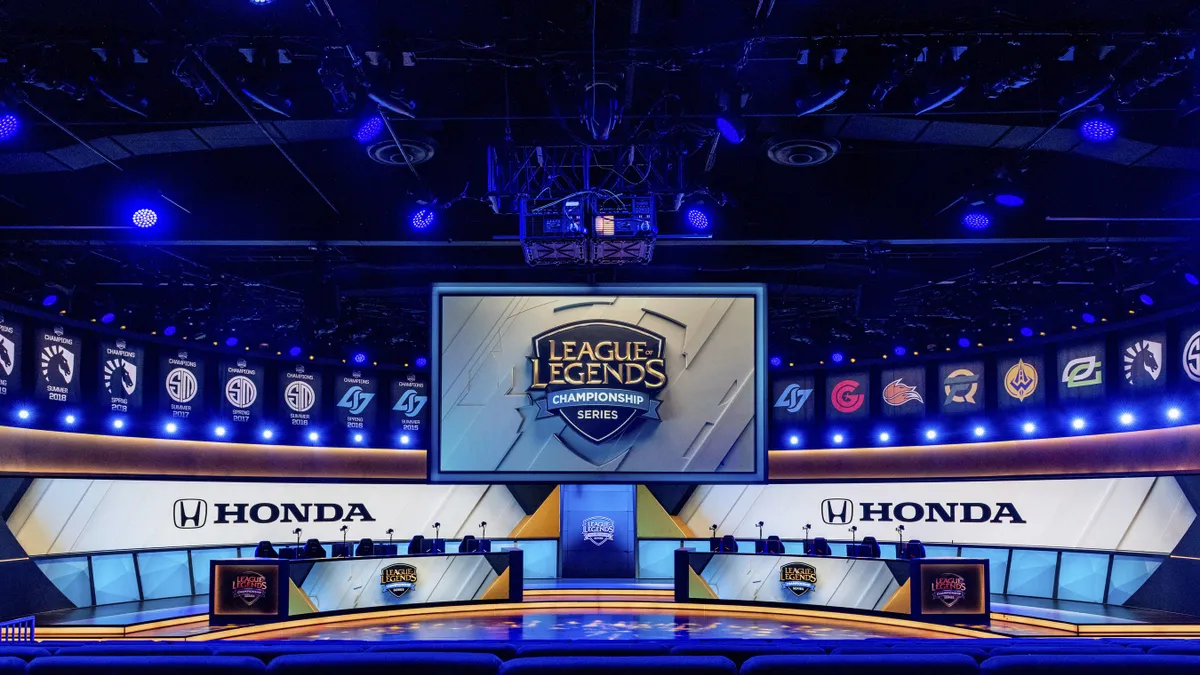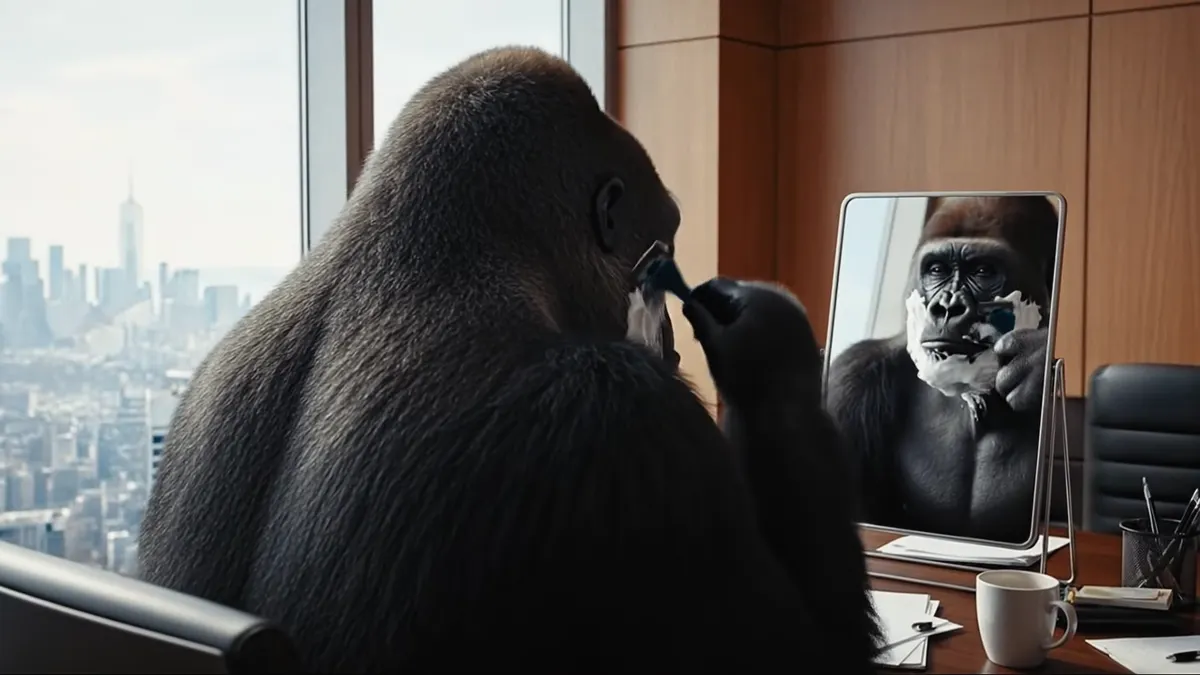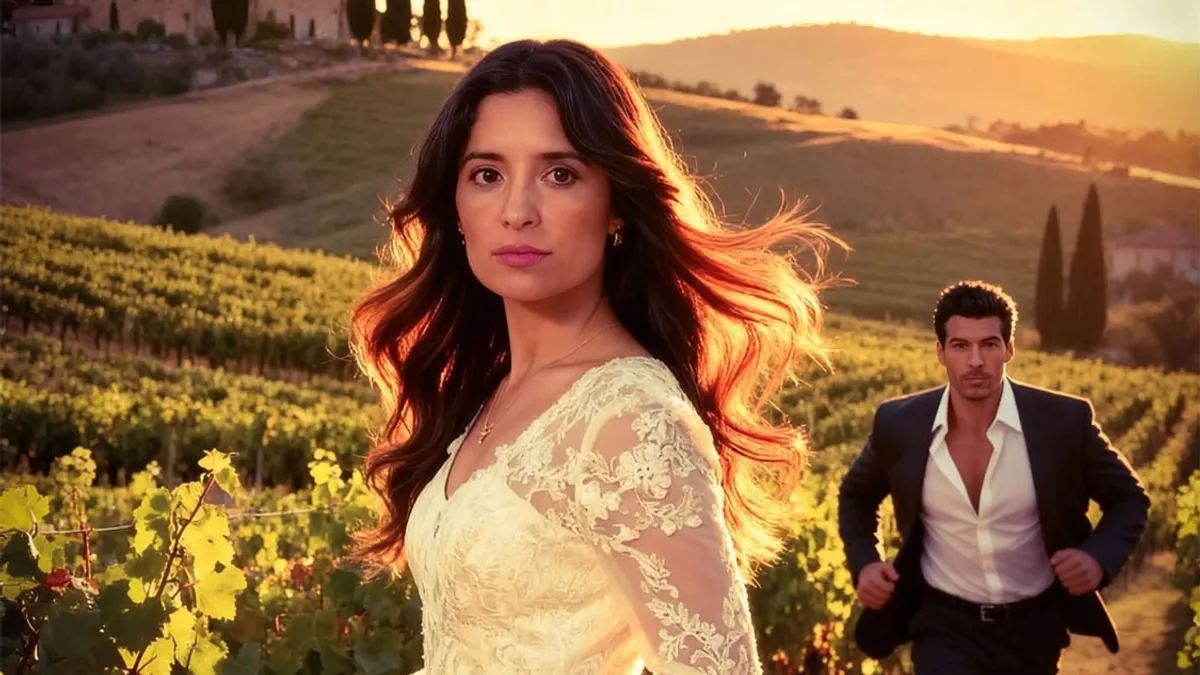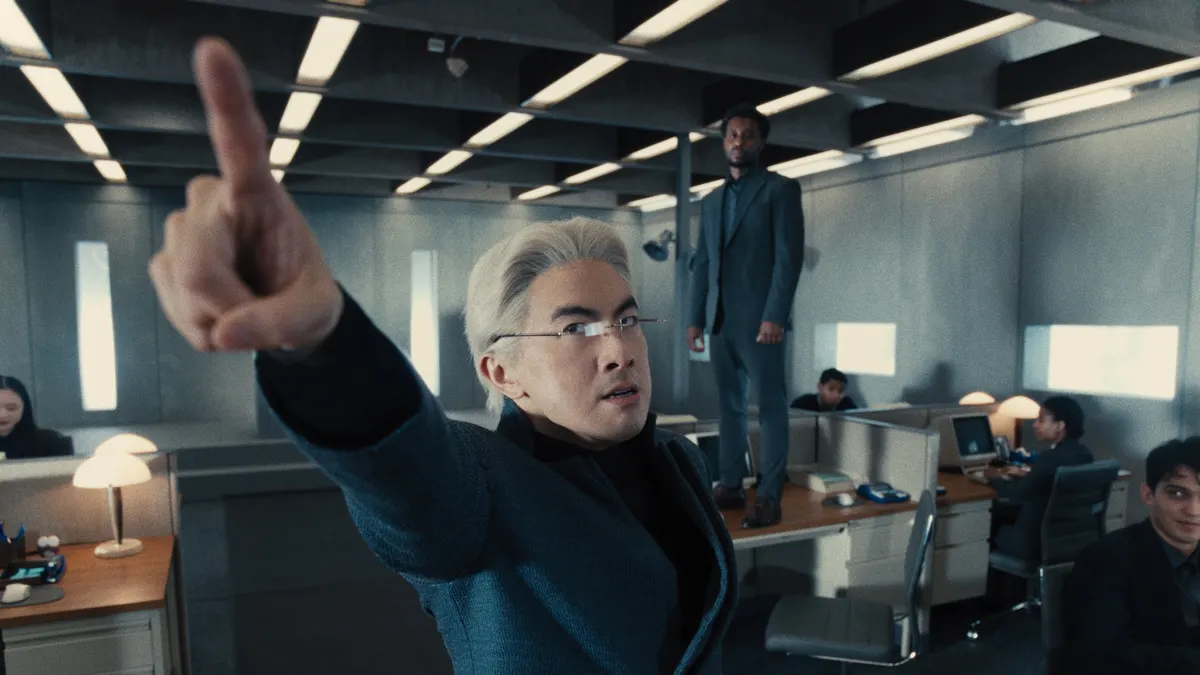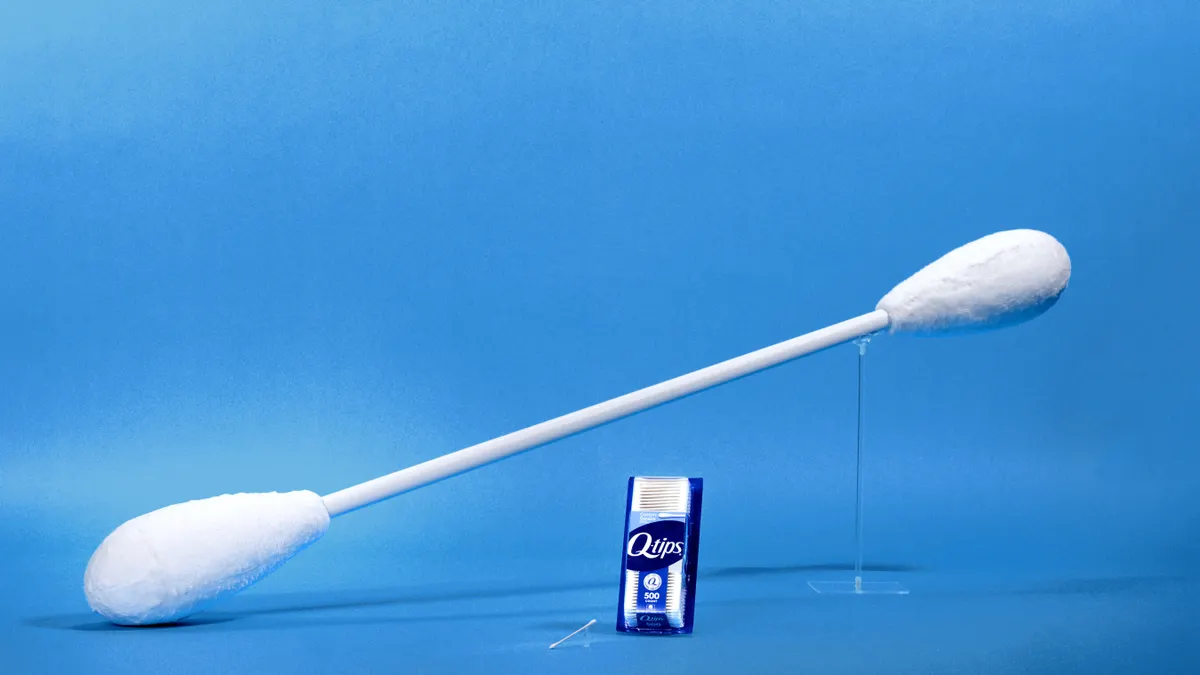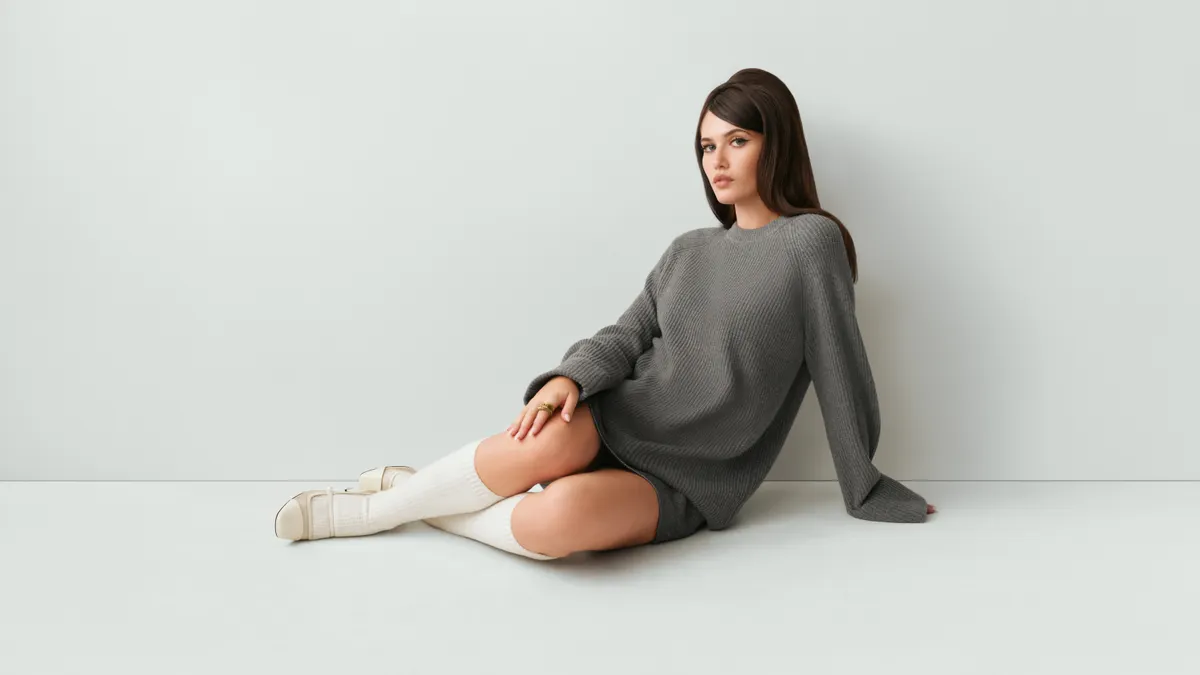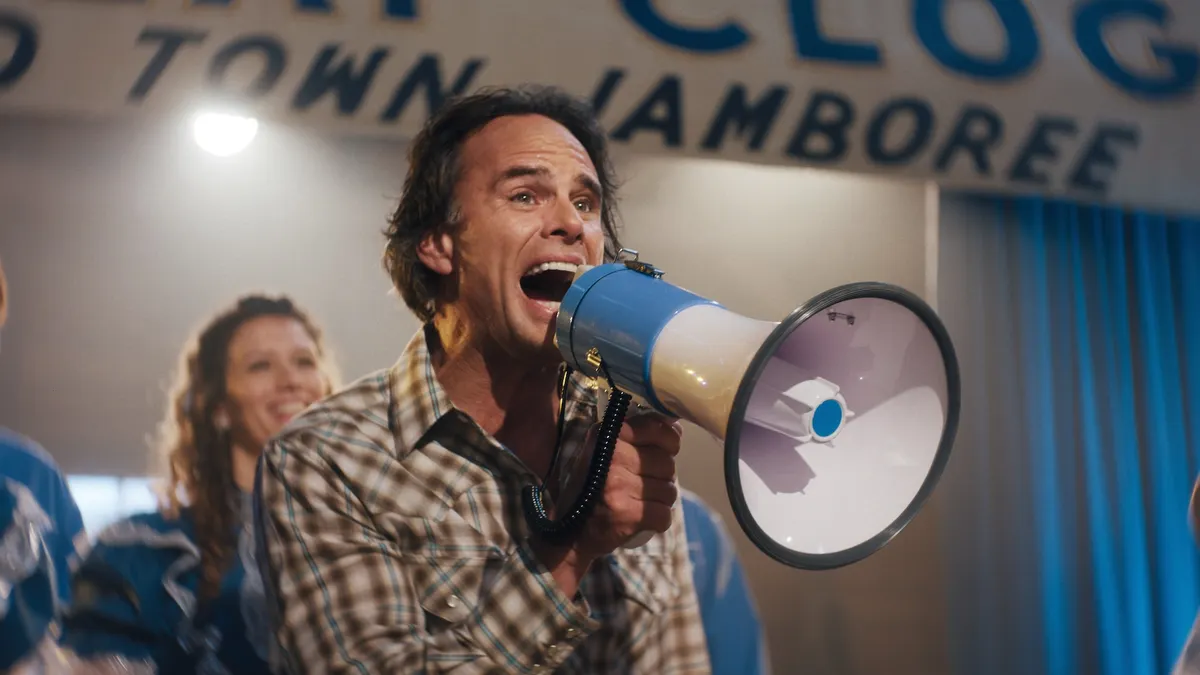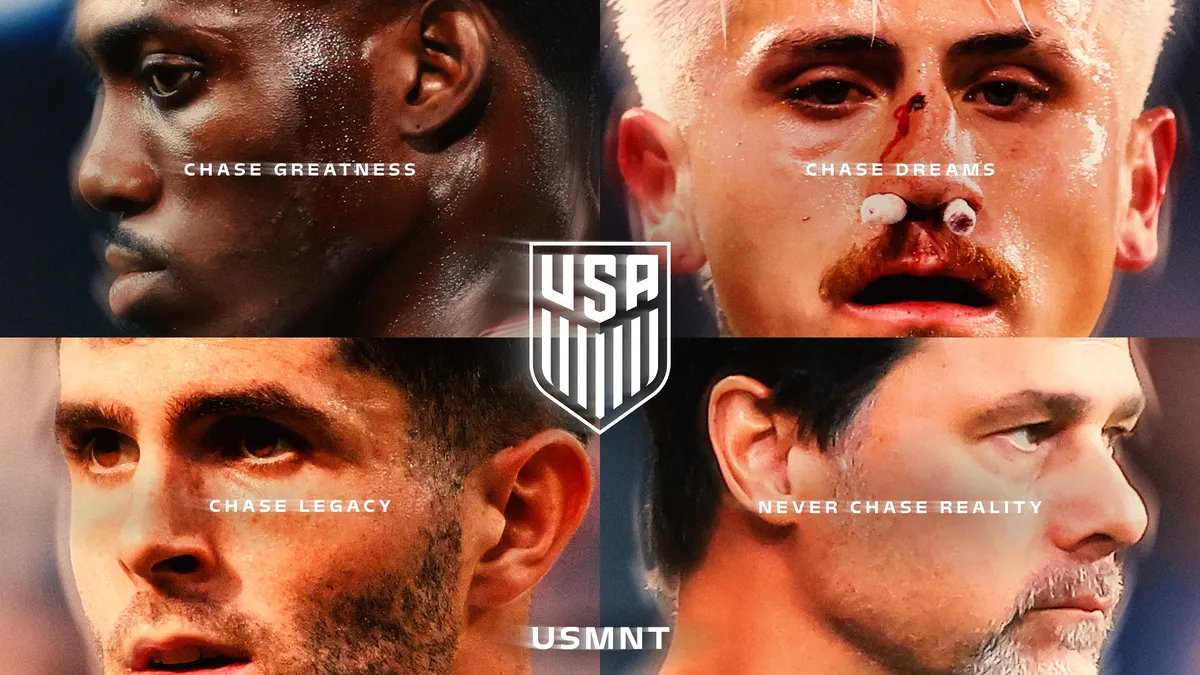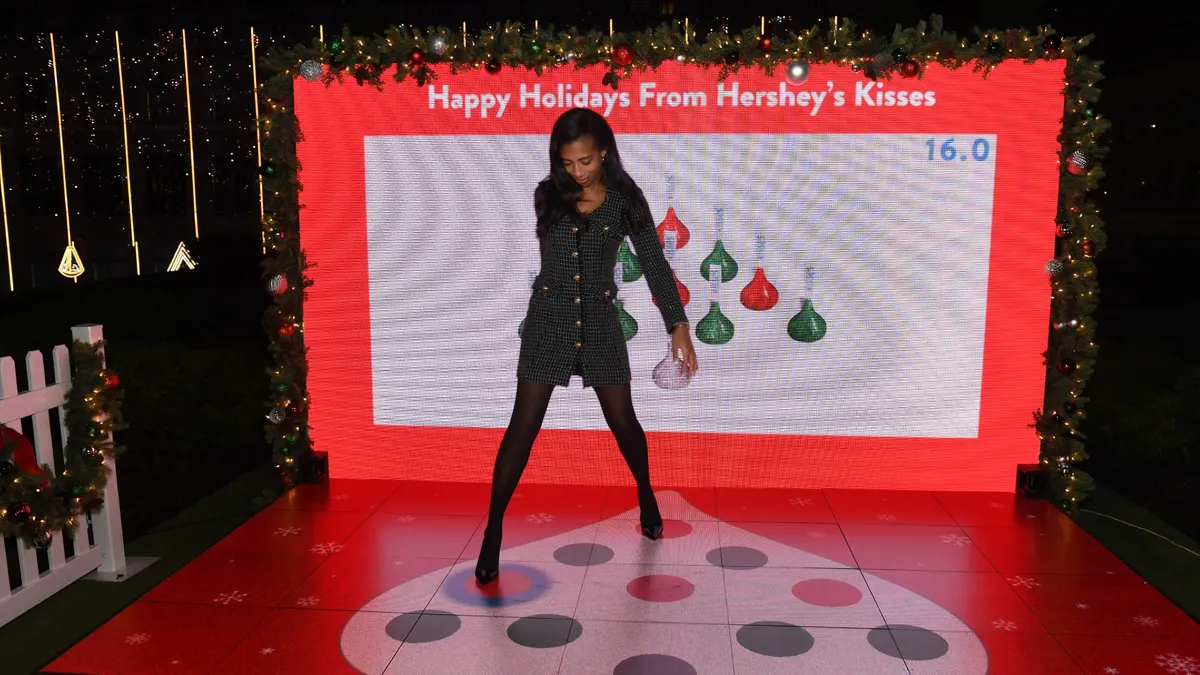Global esports revenue is once again expected to surpassed $1 billion this year, and is projected to exceed $1.5 billion in 2023. As the industry continues to grow, it remains an important channel for brands looking to engage millennial and Gen Z consumers for which gaming is a way of life — a trend accelerated as the coronavirus pandemic upends outdoor activities and traditional sports.
For early adopter brands, esports organizations and gaming influencers that have already been partnering for several years, the space continues to evolve and mature in a way that benefits all parties, according to executives on a livestreamed Advertising Week panel Wednesday.
The key for esports partnerships is the specific type of engagement the channel allows, as well as the emerging ways to measure and track value creation. Steve Arhancet, co-CEO of leading esports organization Team Liquid, pointed to a 15-second spot the team ran as pre- and mid-roll ad on Twitch. Beyond impressions, Team Liquid could measure the engagement in the chat as viewers raved about their favorite players before a big game.
"Those moments are really critical because that level of engagement doesn't exist on linear formats," Arhancet said.
Esports allow brands to reach both the coveted 18-34 age group and 12- to 17-year-olds who are starting to build brand affinities, per Matthew Archambault, head of esports partnerships and business development for North America at Riot Games, the company behind "League of Legends." These groups aren't as easily captured by traditional sports, especially with the deeper level of engagement esports can provide as pro players are often more accessible to viewers via one-to-one, two-way connections than traditional pro athletes.
"You don't see LeBron shooting free throws and [have] the opportunity for a bunch of people to watch him and ask him questions," Archambault said.
Passion for products meets passion for gaming
The consumer engagement that esports provides is a boon to brands that have made inroads in the space, like Honda. The Honda Civic is the top vehicle for Gen Z and has been for millennials since 2011, according to Phil Hruska, manager of media strategy at Honda in America. Since then, the brand has looked to connect the audience's passion for its vehicles to its passion for gaming. Honda became the official car sponsor of Team Liquid in January 2019, and the partners have rolled out several initiatives since, including an "Ask Me Anything" on Reddit that netted 7,500 comments in 12 hours and was viewed as successful by both parties.
"For us as a brand, [that] is exactly the type of thing that we look for because we want to have that authenticity, we want to give something to this audience; we don't want to just slap a logo and call it a day — we want to present ourselves in a meaningful way that gives something to the fans," Hruska said.
The need for meaningful activations has driven long-term partnerships, like the one between Honda and Team Liquid.
"When we endorse a brand to our community, we follow through with that. There's not a transitory nature to it. We owe it to our fans: this is here to stay. We've also made sure this is the right kind of partner for us," said Team Liquid's Arhancet.
The same desire for authenticity is true from the esports organization perspective when looking for brand partners.
"If it's, 'I want to check a box for my board to hit an 18-34 year old demo,' there are a number of platforms that can deliver that very well for you… but if you're looking to really engage … and dive into some unique layers that only esports and gaming can deliver, that's what gets us excited," said Riot Games' Archambault.
Finding the right partners, with or without top-down pressure
Another brand that has attempted to be culturally relevant by embracing the gaming community is Nestlé, which detailed some of its gaming efforts in a separate Advertising Week session on Wednesday.
Executive leadership showed an early interest in gaming activations, according to Douglas Veney, Nestlé's influencer and esports marketing manager.
"As a marketer, that's the dream: You want the CEO, CMO and executive leadership saying, 'Why aren't we doing this,' and I can easily go to a brand [and activate]," Veney said.
For Nestlé, its Hot Pockets brand has led the way for the company as an early adopter in the space. While not exactly an endemic brand, Hot Pockets are familiar to the gaming community as an inexpensive and convenient snack to eat while gaming. The brand also keys into nostalgia for gamers in their 30s and 40s. This familiarity helped Nestlé partner with influencers who were able to deliver branded content while leveraging their authentic voices.
"We don't want an influencer to come through as a parrot... if an influencer is using our marketing verbiage, we're failing," Veney said.
"Your job as a brand is to figure out who wants to support you authentically, and who's just at it for a paycheck."

Justin Warden
Ader Gaming, CEO
Not all brand marketers will have the type of top-down pressure from leadership that Veney received at Nestlé, and finding the right partners can be difficult within a gaming ecosystem that includes many games, leagues, teams and players.
"When brands come to us, they always have that question: What niche matters, and how do we reach that niche? Our job as a company is to find content creators that help them take over that niche, but also find the right one," said Justin Warden, CEO of Ader Gaming, a media and talent management company in the space.
Once brands find the right influencers, brands should trust partners to deliver messaging and to create what works with their audience, the panelists encouraged. However, Ader cautioned that trust must come with a critical eye.
"There are a lot of content creators out there who really love working with brands, and a lot that really don't, and your job as a brand is to figure out who wants to support you authentically, and who's just at it for a paycheck," he said.


